Nathan Worcester
Senior Editor, Mind & Behavior and Technology
Nathan Worcester, based in Chicago, is the senior editor for Mind & Behavior and Technology for The Academic Times. Prior to that, Nathan wrote for various publications in Chicago. He has also worked as a technical writer for multiple law firms and served as managing editor of the New Art Examiner. He studied philosophy, history and English at the University of Chicago.
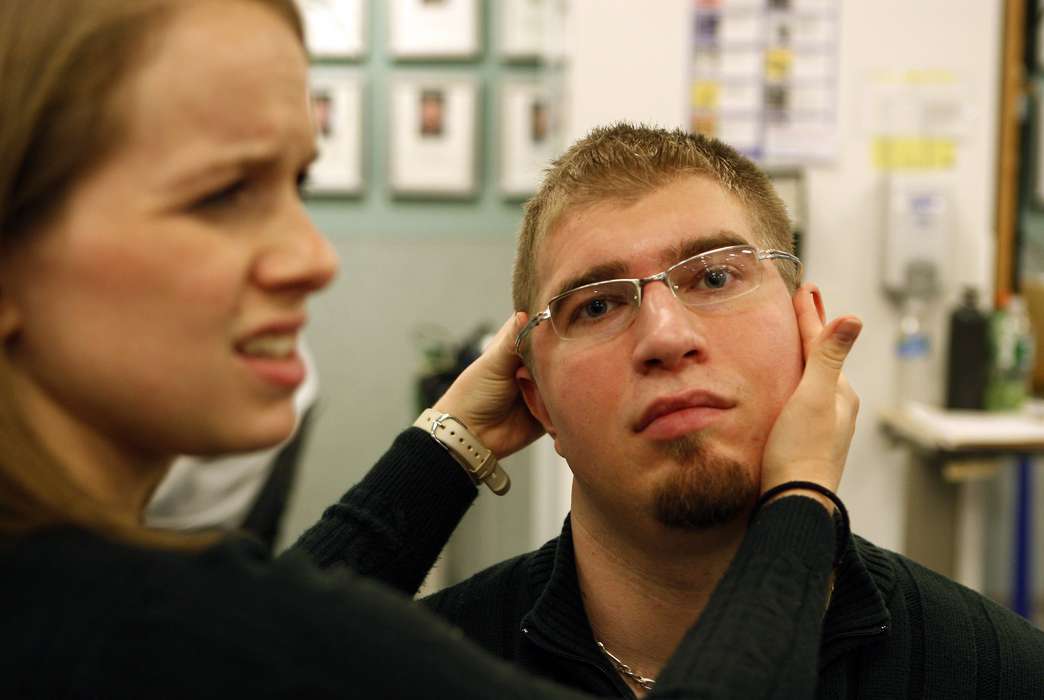
 Emergency room doctors in the Bronx have successfully alleviated posttraumatic headache by combining the dopamine antagonist metoclopramide with diphenhydramine, better known as Benadryl, in a randomized, double-blind, placebo-controlled trial. An hour after treatment, patients who took the two drugs had less headache pain than patients who took a placebo.
Emergency room doctors in the Bronx have successfully alleviated posttraumatic headache by combining the dopamine antagonist metoclopramide with diphenhydramine, better known as Benadryl, in a randomized, double-blind, placebo-controlled trial. An hour after treatment, patients who took the two drugs had less headache pain than patients who took a placebo.
 Inexpensive wine could be nicer than you think, at least if someone lies to you about how much it cost: in a realistic field experiment, researchers who deceived participants about the price of wines discovered that budget wine tasted better when it was presented as expensive.
Inexpensive wine could be nicer than you think, at least if someone lies to you about how much it cost: in a realistic field experiment, researchers who deceived participants about the price of wines discovered that budget wine tasted better when it was presented as expensive.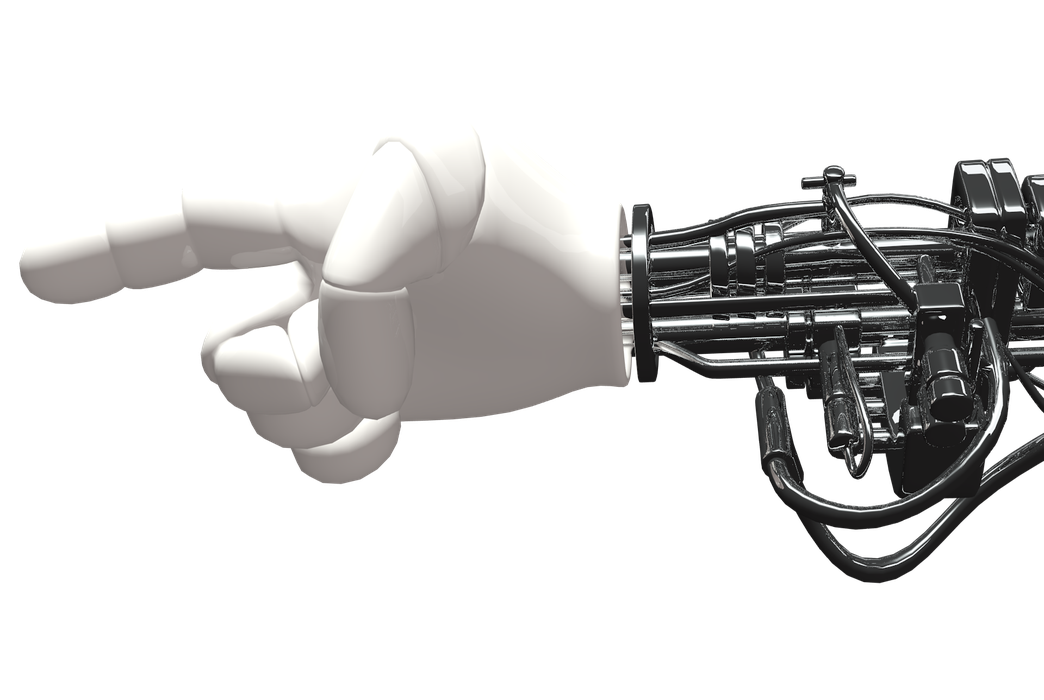
 Researchers have developed a new composite polymer for use in emerging soft robotics technologies that can be programmed to morph in air or underwater when exposed to light and return to its original shape when the light is turned off. The polymer can even heal itself if cut in two — light causes the halves to fuse back together.
Researchers have developed a new composite polymer for use in emerging soft robotics technologies that can be programmed to morph in air or underwater when exposed to light and return to its original shape when the light is turned off. The polymer can even heal itself if cut in two — light causes the halves to fuse back together.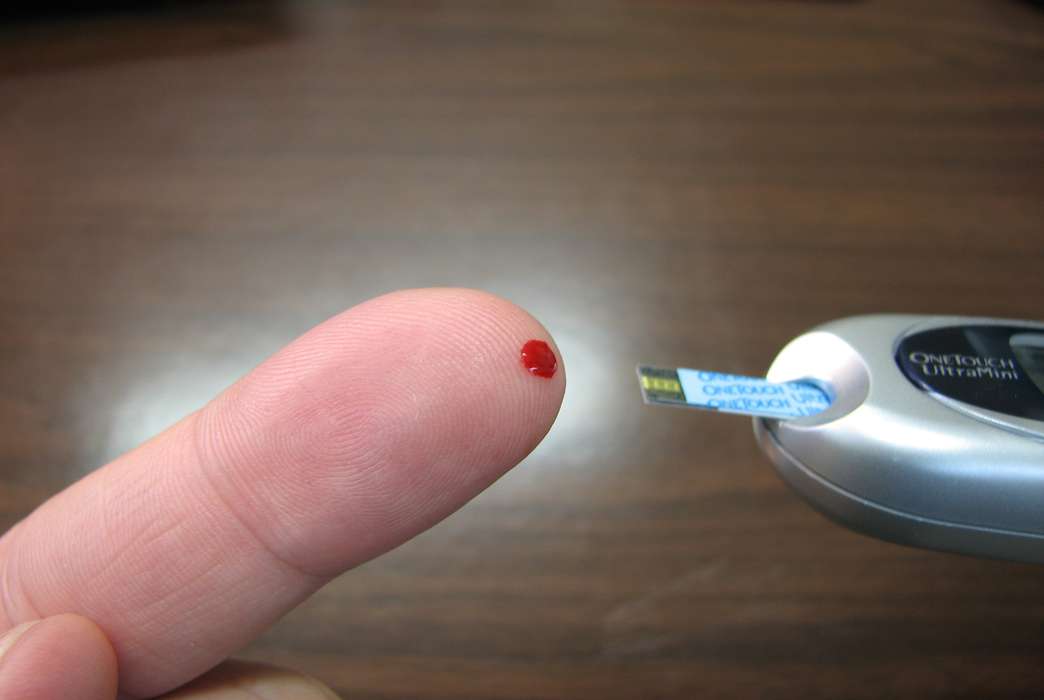
 Millions of diabetes patients use inexpensive glucometers to track their blood sugar. Now, scientists are seeking to adapt that technology for COVID-19 testing, underscoring the new possibilities of glucometer-based diagnostics at a time of rising medical costs.
Millions of diabetes patients use inexpensive glucometers to track their blood sugar. Now, scientists are seeking to adapt that technology for COVID-19 testing, underscoring the new possibilities of glucometer-based diagnostics at a time of rising medical costs.An interdisciplinary team including psychologists and a philosopher has used virtual reality to test whether art or nature prompted different experiences of the sublime, marshaling cutting-edge technology in an effort to settle a centuries-old debate in art and philosophy.

 Japanese researchers have shed more light on the psychology of why we care about economic inequality: using mouse-tracking data from people choosing between options for distributing money virtually to others, they showed that people care less about equalizing resources overall than about helping the neediest.
Japanese researchers have shed more light on the psychology of why we care about economic inequality: using mouse-tracking data from people choosing between options for distributing money virtually to others, they showed that people care less about equalizing resources overall than about helping the neediest.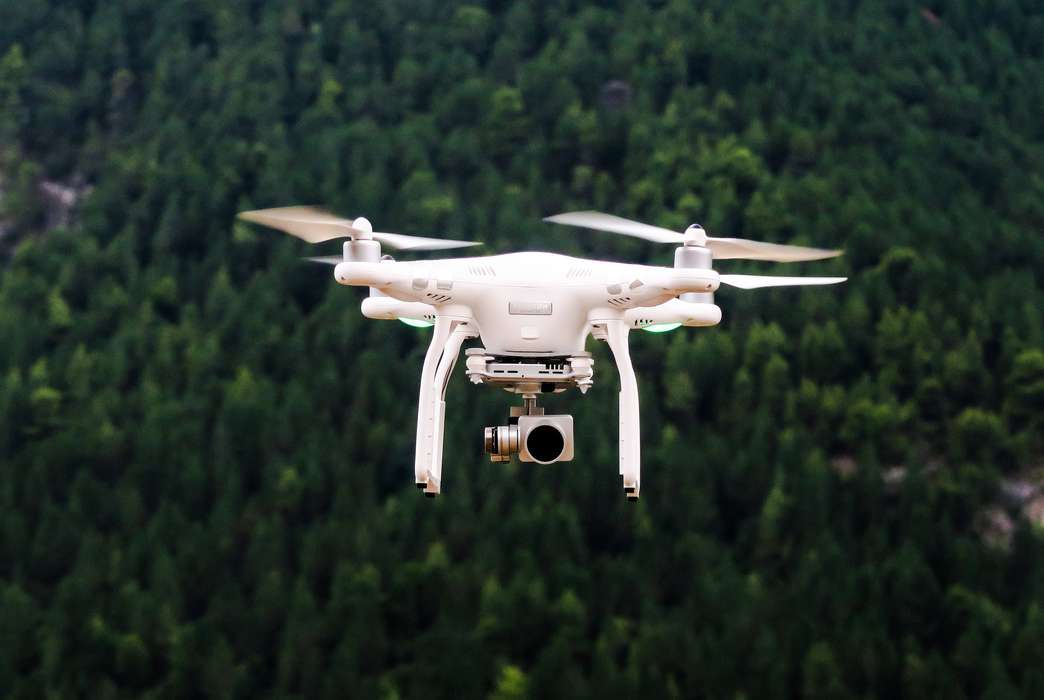
 South Korean researchers have invented a new anti-drone technology, called Tractor Beam in a nod to "Star Wars," that can use fake GPS signals to fool dangerous drones, commandeering them and flying them to a safe landing site.
South Korean researchers have invented a new anti-drone technology, called Tractor Beam in a nod to "Star Wars," that can use fake GPS signals to fool dangerous drones, commandeering them and flying them to a safe landing site.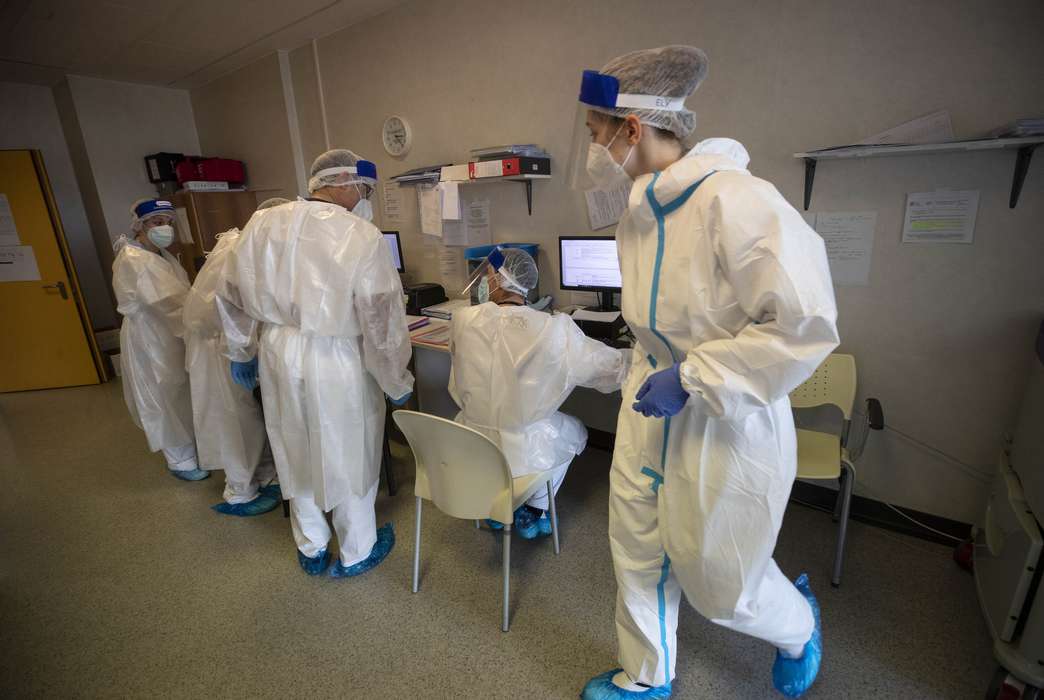
1 in 5 health care workers experiencing depression, anxiety during pandemic, new meta-analysis finds
 Doctors, nurses and other health care professionals battling COVID-19 are suffering from high rates of depression, anxiety, and PTSD, with each of these conditions affecting roughly one in five workers, according to a comprehensive new review and meta-analysis of studies published Wednesday.
Doctors, nurses and other health care professionals battling COVID-19 are suffering from high rates of depression, anxiety, and PTSD, with each of these conditions affecting roughly one in five workers, according to a comprehensive new review and meta-analysis of studies published Wednesday.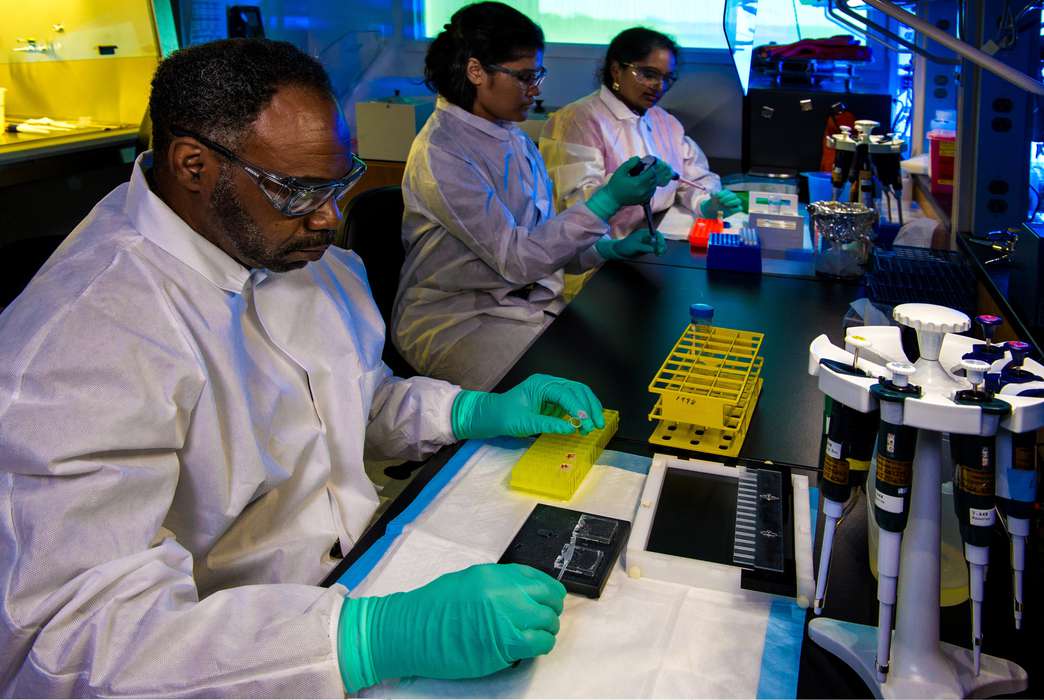
 A large new behavioral experiment suggests that human cognitive biases could limit innovation over multiple generations, shedding light on how we build on prior knowledge and how these biases might hinder our overall technological progress.
A large new behavioral experiment suggests that human cognitive biases could limit innovation over multiple generations, shedding light on how we build on prior knowledge and how these biases might hinder our overall technological progress.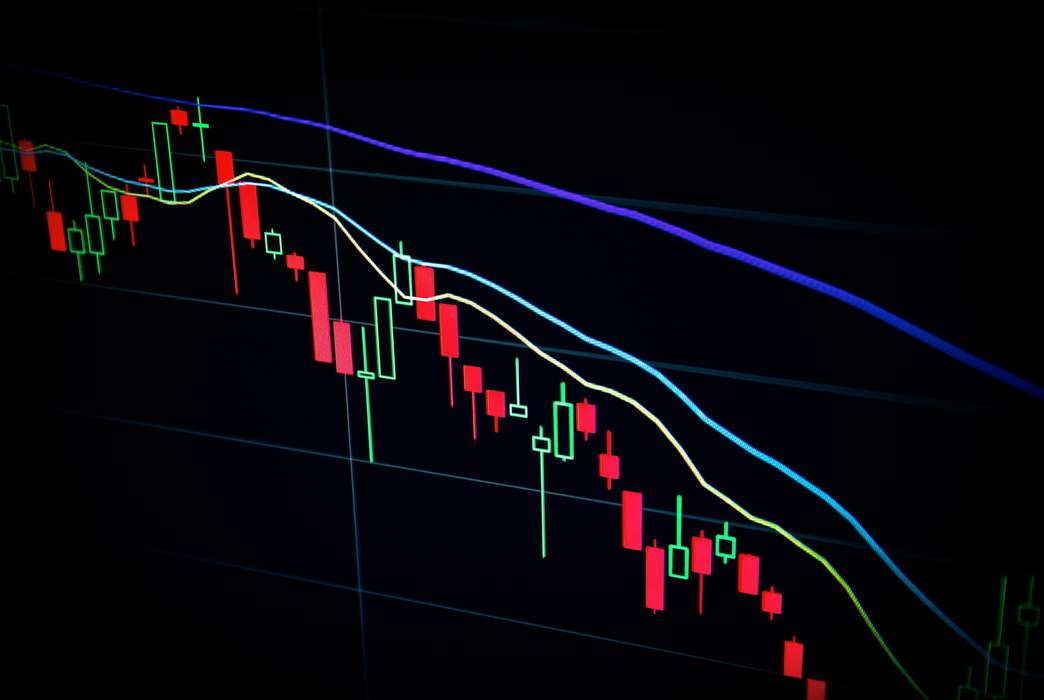
 Stanford neuroscientists have discovered that collective brain activity can forecast the movement of actual stock prices, even in instances when conscious decision-making and traditional indicators such as price volatility did not.
Stanford neuroscientists have discovered that collective brain activity can forecast the movement of actual stock prices, even in instances when conscious decision-making and traditional indicators such as price volatility did not.
 Swiss and German researchers have found that perceived social support from colleagues and supervisors improves workers’ sleep quality by helping them detach, or “unplug,” from their jobs in their off hours, painting a more complex picture of the relationship between sleep and work.
Swiss and German researchers have found that perceived social support from colleagues and supervisors improves workers’ sleep quality by helping them detach, or “unplug,” from their jobs in their off hours, painting a more complex picture of the relationship between sleep and work.